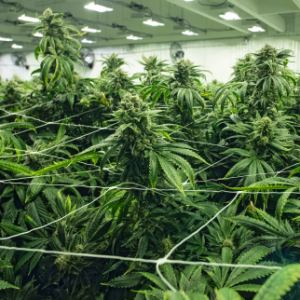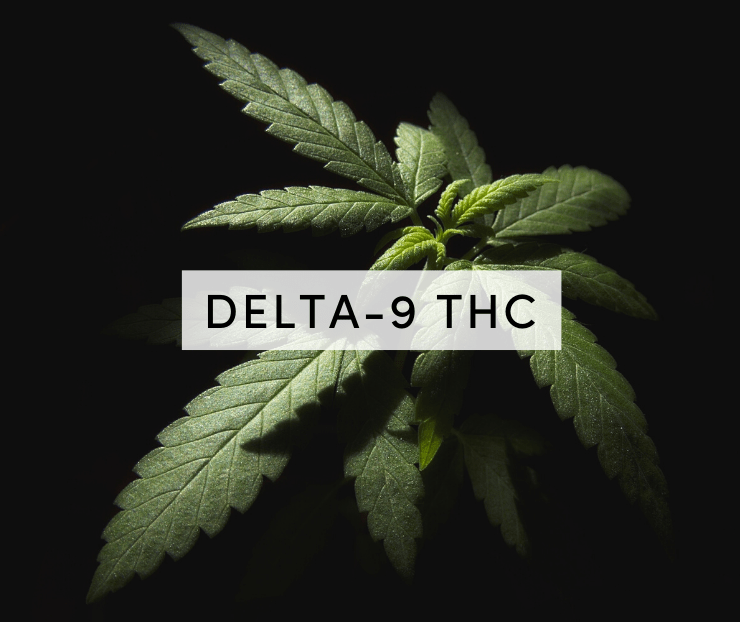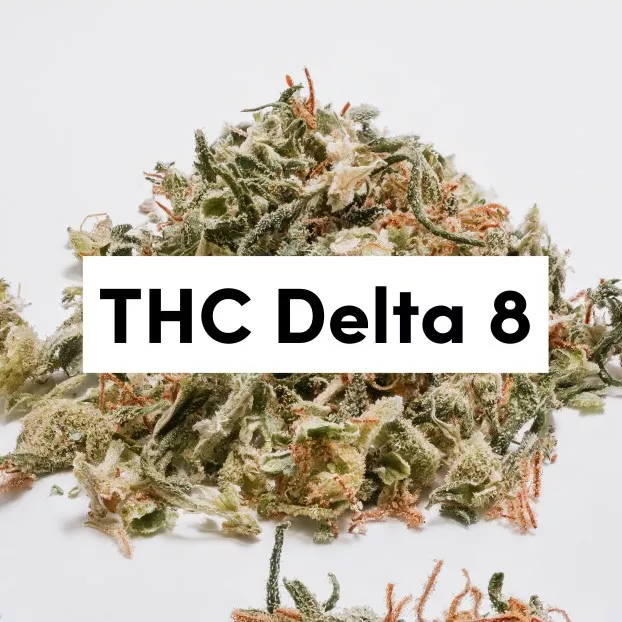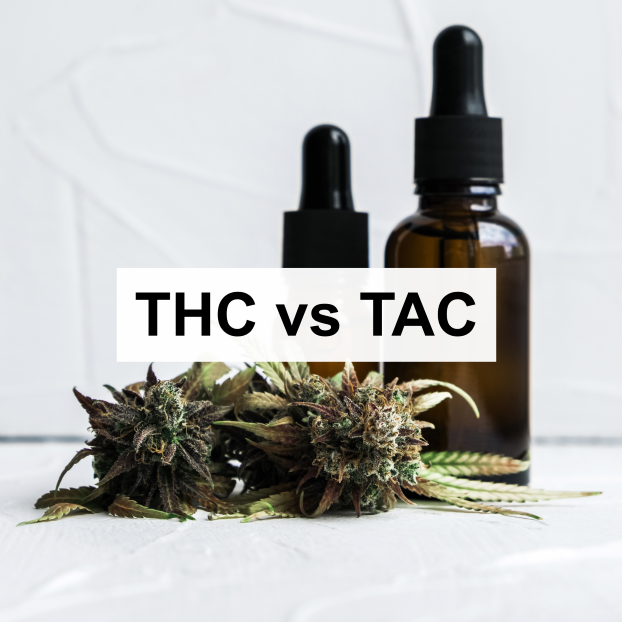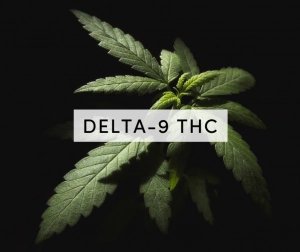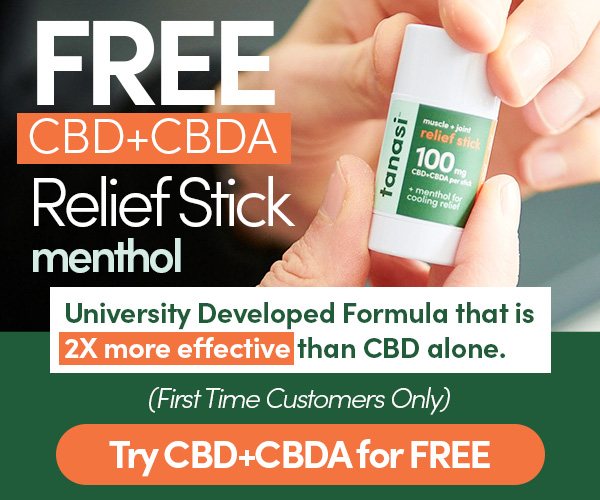What Is Delta 9 THC And Where Is It Legal?
Posted on September 7th, 2022
CBD, short for cannabidiol has made significant waves in the last few years in most countries across the globe. It is now well known as the non-addictive cousin of Delta-9 THC (cannabinoid tetrahydrocannabinol).
Despite THC’s reputation, you may be wondering what Delta-9 is and what does it actually stand for? Many people are not aware that there are subtle differences that make Delta-9 THC unique.
What Is THC? 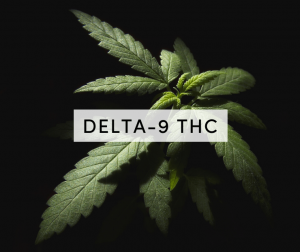
THC, which stands for tetrahydrocannabinol is among the many cannabinoids present in cannabis. A cannabinoid is an active compound in the plant similar to how caffeine is an active compound found in coffee beans.
In 1964, two Israeli researchers known as Raphael Mechoulan and Yechiel Gaoni discovered the THC molecule. It may come as a surprise to learn that THC was the 2nd cannabinoid discovered, while CBD (cannabidiol) was first discovered in 1940.
Many people are also not aware that THC is not a name given for just one cannabinoid. It references an entire genre of analogs. These chemical analogs are actually compounds that share an identical chemical formula, yet there are a couple of structural differences.
THC present in naturally occurring (raw) cannabis plants is called THCa (the “a” stands for acid). Only when cannabis flowers are exposed to heat does the THCa turn into what is generally referred to as THC, which is the analog known as Delta-9 THC. There is also Delta-8 THC, Delta-10 THC, and Delta-7 THC of which are not naturally occurring in the plant, but when processed with other chemicals you are left with these THC derivatives.
What Is Delta 9 THC?
Delta-9 THC is a psychoactive cannabinoid that cannabis users know well. It is an active compound that is associated with marijuana’s characteristic “high.” It also causes a well-known side effect, affectionately referred to as “the munchies.”
Delta-9 THC is present in raw cannabis plants. There is a process used known as decarboxylation (heating the cannabis flower), whereby chemical reactions occur that turn THCa into Delta-9 THC for even more overall THC available.
THCa is actually non-psychoactive, which means it won’t cause you to feel high. However, once THCa undergoes decarboxylation and turns into Delta-9 THC, the resulting cannabinoid is psycho-toxic, which means it will cause a high. Many certificates of analysis (COAs) will calculate “Total available” THC by factoring in the decarboxylation. Just smoking cannabis will decarboxylate THCa into THC.
Where is Delta 9 THC Legal?
Delta-9 THC is among 3 cannabinoids that feature on the UN’s drug schedules. In the US, Delta-9 THC is also classified as a Schedule I drug. Schedule I drugs are compounds that have no acceptable medical uses and pose a high risk for addiction.
Since Delta 9 THC is classified as a Schedule I drug in the US, it is still federally illegal. However, for those who live in states that have legalized recreational cannabis use, it is now legal to ingest and possess THC. These states include Alaska, Arizona, California, Colorado. Guam, Illinois, Maine, Massachusetts, Michigan, Montana, Nevada, New Jersey, New Mexico, New York, Oregon, South Dakota, Vermont, Virginia, Washington, and Washington, DC.
People who live in states where medical cannabis use is legal can also ingest and possess THC. However, these individuals must hold medical cards, as well as buy their THC products from licensed dispensaries. Those in recreational States should always keep the product’s original packaging as proof that it was purchased legally in the State where they also consume their legal purchase.
Side Effects
At this stage, Delta-9 THC is not linked to any “known” lethal doses. However, for those that use this type of cannabinoid in high doses, it is common to experience one or more of the following side effects:
– Red eyes
– Dry mouth
– Dizziness
– Light-headedness
– Increased appetite
– Increased heart rate
– Paranoia
Some users of Delta-9 THC have also reported perception changes. Examples of this include hallucinations and delusions. It is possible to mostly avoid such side effects when you consume THC in moderation.
It is also important to note that Delta 9 THC poses a risk for abuse. This means that the users can become tolerant, which can lead to addiction. Once again, if you consume THC products moderately, this can lower the risks related to dependency.
How Does THC Work In The Body?
For compounds to cause changes in the human body, they must interact with the cells. The cannabinoid known as Delta-9 THC along with most of its “analogs” will exert effects through the endocannabinoid (ECS) system.
The Endocannabinoid System And THC
Most animals and humans have an ECS (endocannabinoid system). This is a system that includes an intricate network containing receptors along with compounds that perform the role of interacting with these receptors. The ECS is the neurological pathway the soft tissues and organs use to communicate with one another to run smoothly.
We classify ECS receptors as CB1 or CB2. They’re spread throughout your spinal cord, brain, and the rest of your body. Your brain mainly contains CB1 receptors. But CB2 receptors go everywhere, especially within your immune system cells. Cannabinoids are the keys, and the CB1 and CB2 receptors are the keyholes.
The human body has compounds known as endocannabinoids (internal cannabinoids) that interact with the receptors. Anandamide and 2-AG are the endocannabinoids that operate like a key to activate or “unlock” CB1 and CB2 receptors.
THC interacts with CB1 and CB2 receptors and is also a “partial agonist” of CB1 and CB2 receptors. To explain this further, THC binds to the receptors in order to activate them. Through a partial “agonism” of CB1 receptors within the brain and CB2 receptors throughout the rest of the body, THC will exert certain effects.
Does THC Have Benefits? 
THC’s activation of your ECS explains exactly why it has an impact in the way that it does. From chilling out to getting high, it’s your CB1 and CB2 receptors that contribute to all the potential benefits of THC.
THC Product Types
By now, we are sure you have the information that you need to think about whether you should be trying THC. There are many THC products available on the market, which means it is easy to find the perfect THC product to suit your needs.
#1 Cannabis Flower
Cannabis flowers are a form of THC that is the most “unprocessed,” and commonly referred to as “buds.” The flowers are similar to the “fruit” of cannabis plants. We find most cannabinoids in plant flowers. It is possible to vape or smoke cannabis flowers, but smoking the flowers might expose the user to the harmful products caused by combustion. A healthier alternative when it comes to cannabis flowers is to make edible butter and oils. Depending on what you are looking for or what you need, there are a variety of strains that offer different THC levels.
#2 THC Extracts
Extraction is the process by which manufacturers use chemicals to separate cannabis from cannabinoids. These extracts are often concentrates that contain THC along with other terpenes and cannabinoids present in the plant. There are also isolates that are pure THC in either a solid or liquid form.
Similar to cannabis flowers, the isolates first need to undergo heat treatment in order to turn THCa into Delta 9 THC. You can ingest most concentrate forms, making their use discreet and convenient.
#3 Cannabis Edibles
We call drinks cannabinoids and THC-infused drinks and foods cannabis edibles. Today you can buy edibles in stores or online, or you can make your own. When purchasing cannabis edible it is advisable to carefully follow the directions from the manufacturer to ensure safe consumption.
Since many states still ban medical and/or recreational THC use, you may need to avoid products with concentrations above 0.3%. Instead, you may prefer a full-spectrum CBD product, with Federal legal THC concentrations in hemp. So check out Tanasi’s online CBD store, and enjoy the cannabinoid entourage effect, without any fear of legal consequences.

